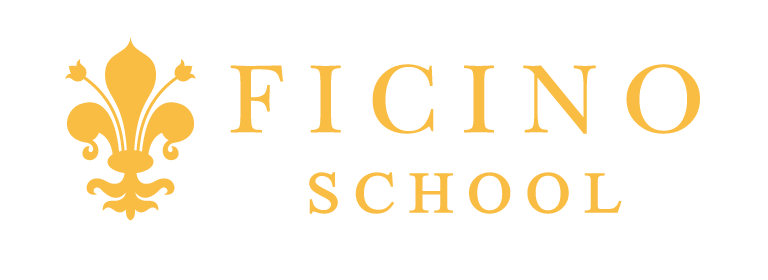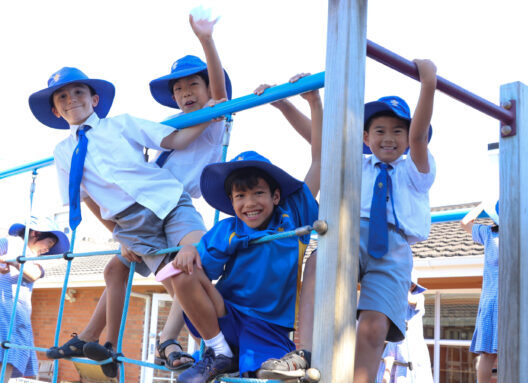The message a couple of weeks ago spoke of handwriting and how important it is for brain development as well as focusing our attention and encouraging beauty. The other aspect of writing is of course the content. This has hit the media this week, with the Minister of Education proposing a new writing action plan to address the decreasing levels of achievement as students progress through their primary years.
Written expression as it used to be called in my school years is such a fundamental skill. In order to improve the output of what a child puts down on paper, we need to ensure the input is of the highest standard. At Ficino, the quality of the reading material, recitation pieces, play scripts and other literary texts that we present to the children are carefully selected. The finest material was a core principle at the foundation of Ficino School and our partner schools worldwide. What children read in their primary years is what goes into their hearts and will be recalled throughout their lives. This will become the capital from which they express themselves to the world.
Our librarian has lists of recommended books for different age groups and they contain a mixture of genres; fiction and non-fiction. It would be excellent to encourage your child to pick some books off these lists; if you need a copy, just ask the class teacher.
The biggest challenge to quality reading time for young people today is device use. Whether it’s simple YouTube clips, online games or social media, these activities are highly addictive. As parents we have to work especially hard to ensure that screen use is minimal under the age of 7 and timebound thereafter. The battle is worth it though. As one psychologist said if you use a phone (or device) as a babysitter, payment comes later. If you need any help with tools to limit screen use, our Year 1 teacher and parenting coach, Leah Corbett, runs courses on this topic periodically and is also open to one-on-one sessions if the need arises.

